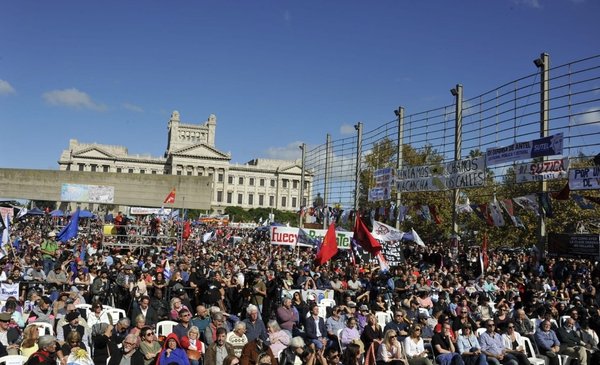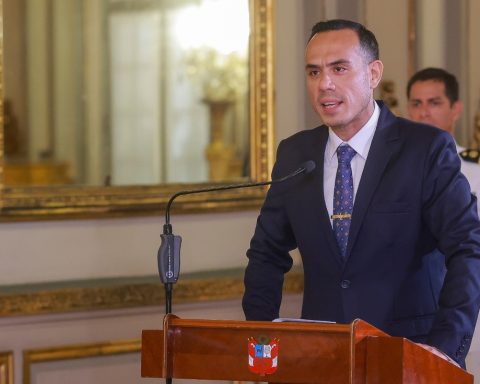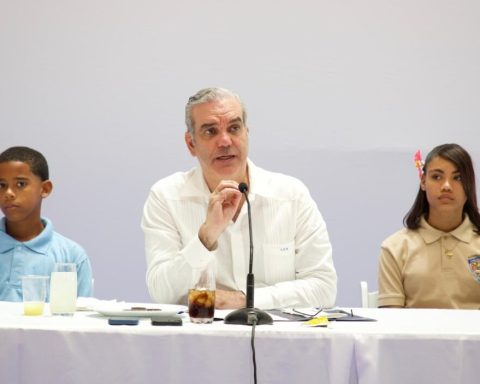The first to do so was the member of the Executive Secretariat, Martín Pereira. In one part of his speech, Pereira said that “within the adjustment package” the government wants to “weaken collective bargaining” with ultraactivity.
“They want us to always be negotiating backwards and that conquests are not conquests and have to be repeated. They are going to break their teeth with the union movement, because each union is going to be surrounded by the rest, by the PIT-CNT, by the intersocial, ”he pointed out.
Later it was the president of the PIT-CNT, Marcelo Abdala, who referred to the issue, defining it as “a negative change.” “By changing the ultraactivity, they deteriorate the bargaining position of the working party,” said Abdala.
Why did the PIT-CNT mention it?
Last year the Executive Power sent Parliament a bill that partially includes the recommendations made by the Committee on Freedom of Association of the International Labor Organization (ILO), on various points of the Collective Bargaining Law. This initiative is currently under study by Parliament.
One of the modifications is linked to the validity of the agreements, which is known as the ultraactivity of the agreements. The law approved in 2008 during the first administration of the Broad Front establishes that collective agreements will remain fully valid in all its clauses until a new agreement replaces it, unless the parties have agreed otherwise.
The government initiative -already approved in Deputies- proposes to remove this point from the norm, and that both the validity and the extension of the agreements remain at the resolution of workers and employers.
This had already been included in a project submitted to Parliament in 2013, and which the PIT-CNT rejected. One of the arguments of the trade union central happens because if this change is approved, all the agreements can return to zero.
It is also considered that this change threatens the achievements of the weakest unions, and it is argued that non-salary benefits, such as paid holidays, categories and other working conditions are things that, after they are agreed, form part of the acquis of the improvement of the working conditions, and they are not discussed again, unless an agreement explicitly says so.
















